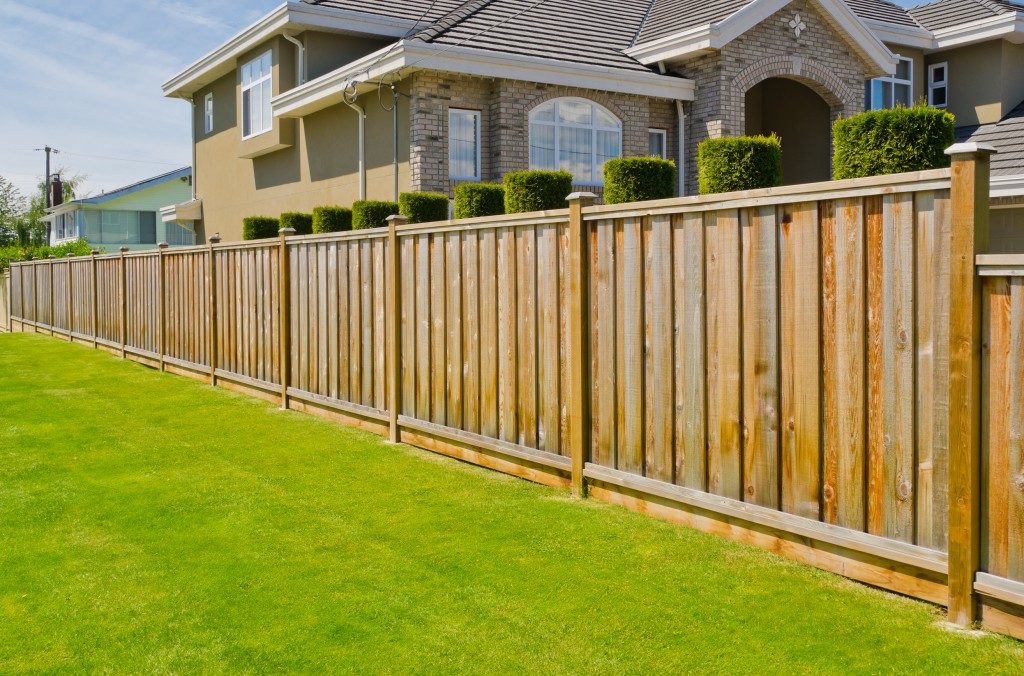All residential fences are there not just to add aesthetic value or curb appeal, but to protect the property, as well. These fences can also act as sound barriers, especially when you live along busy roads or in a noisy neighborhood.
“A fence is an important feature on any property. From designating property boundaries to offering safety, fences are practical constructions,” says Family Fence Company of Florida. Fences mark where your property starts and ends, and they help deter intruders. In addition, by installing a fence around your entire property, you make sure elements don’t wreak havoc on your lawn, pool, or porch.
Now, just as fences do many jobs, there are also many choices when it comes to materials. The choice of materials depends on your budget and personal preference – sustainability and strength, for example.
Wood and Composite
A wooden fence is one of the most popular types of fence. It is also relatively cheap and easy to install. The natural-looking wood material gives your fence and entire property a traditional feel. For homeowners who lead sustainable lives, a locally manufactured wooden fence is the way to go.
The downside to this material, however, is that it rots away in 10 to 15 years. But, you can get the most out of your investment with regular maintenance, including staining, painting, resealing, and pest control.
If you will not be able to regularly varnish or paint your wooden fence, you can go with a composite fence. Although more costly, a composite is physically similar to wood. But, unlike wood, a composite is resistant to insects and rotting. Eco-friendly homeowners would be happy to know composite is made of recycled materials like wood fiber and plastic.
Aluminum and Steel
 Metal materials, such as aluminum and steel, may not be the best option for homeowners on a tight budget. They are more expensive than wood and composite, but for a good reason: they combine style with security and strength.
Metal materials, such as aluminum and steel, may not be the best option for homeowners on a tight budget. They are more expensive than wood and composite, but for a good reason: they combine style with security and strength.
Aluminum, particularly, is lightweight, durable, and can be molded easily. It also does not crack or rust easily. In addition, aluminum fences are harder to breach, unlike wooden fences. And because manufacturers usually apply powder paint coat on aluminum, you won’t have to repaint it regularly.
Another type of metal material that is ideal for security purposes is steel. Steel is naturally durable and hard. Often, the material is galvanized and coated in zinc, which makes it less resistant to corrosion and long-lasting. But, to make sure your steel fence is not susceptible to rusting even after rain, you should coat it with anti-rust paint. You can also rack or bend steel to suit an uneven or sloped surface.
Regarding aesthetics, both steel and aluminum are superior over other types of materials used for fences. They come in various designs and styles that can make your property more attractive.
Your property is an extension of your lifestyle. If you are someone who values the environment, you can put up wooden or composite fences. On the other hand, you can opt for metal fences if you want heavy-duty but stylish security at home.

